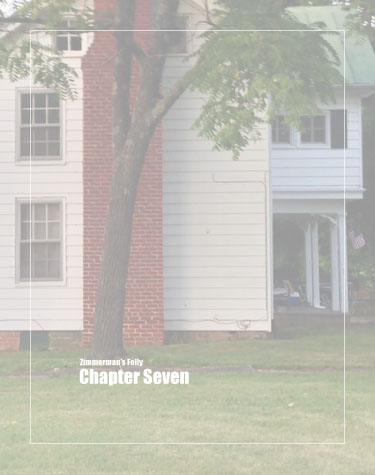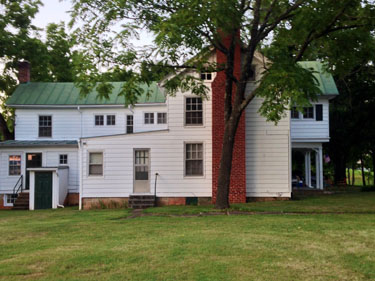
Character may be manifested in the great moments, but it is made in the small ones." -- Sir Winston Churchill
The more Rupert Zimmerman learned about Israel's progress, the more he was convinced that the possibility of Divine inspiration might actually exist. Portrayed by the world media as knuckle-dragging barbarians and oppressors, the people Rupert actually met there in his work were delightful and open-hearted. Even before the night he embraced his own faith in the Divine, on a night that began at the Greene's home and ended with his prayer on the bridge, Zimmerman had been the guest at many a Sedar meal. Here was the story of mankind's greatest struggle -- that of exile and exodus, and most of all REDEMPTION!, all told through the medium of a meal! Giggling children hiding the Afikomen were immersed in the great narrative of their people. But Zimmerman began to see that that great story had a place in the greater human narrative. Hadn't Abraham received the promise that through him ALL the nations of the Earth would be blessed?
Haroset, bitter herbs and young lamb mingled together to add illustration to an old story. In ancient times a covenant was often made within the context of a meal. Rupert's own redemptive story was now unmistakably flavored by sweet tea and macaroni and cheese. In the 1950's the American company Swanson created an invention known as the "TV Dinner." Families no longer conversed around the table, often "watching the news" instead of passing truth from generation to generation. Food was placed into individual compartments in a small aluminum tray, individualized for each diner. There were no more passed dishes. The family ate in silence as the television did all the talking.
Zimmerman remembered the great table at his grandparent's house in Virginia. The men in the shop would come to the house for a midday meal just like farm hands had done for years. Laughter and conversation flowed as all took a clear break from their duties and shared the life of the community. News was what might be happening at Ruritan this week, a ballgame with sons or grandsons, the beginning of fishing or hunting seasons... all shared joys close to home. There was an old pear tree in front of the house. If the children picked the windfall pears they might end up in a delicious dish of baked pears... coming out of the same oven as the macaroni! Real macaroni and cheese started with a purchase of hoop cheese at the country store and ended with a delicious baked brown crust! One unplanned benefit of bringing the Greenes to Big Diomede was that Kris could bake this dish perfectly!
How little we cherish those essential institutions which we carelessly cast aside in the pursuit of progress! The late Twentieth Century became the age of "heat and eat." Still, Rupert remembered fondly the "ice cream dates" with his own children. Their complicity in sneaking sweet treats into the house also resulted in some times of sweet sharing. Then there were the pancake parties where Rupert ladled the batter in a deliberate manner to create hearts and animals on the griddle for his children. He wished inwardly that he had done more of this. All three of his children were extremely creative. Had these mealtime memories given them the impression that this was indeed a good thing?
Pat and Rupert had rekindled those memories with Anna's first child. When the girl laid out a tea party, Zimmerman would phone his assistant and say "hold all calls." Somehow the man realized that children traded freely in the world of creative wonder. So many adults lived in a world of repetitive motion. The old man struggled to keep his own creative edge in his work and would often return to his studios from a "tea party" with renewed insight for his own work. Pat sometimes groaned as her husband felt compelled to point out the form of animals in the clouds. "You don't do that with your colleagues, do you?" she once asked. "No." he responded. Knowing that the truth of the matter was that he only did so with his most trusted ones.
Zimmerman had on his staff a number of young women who had babies. "Motherhood," Rupert asserted, "necessitated invention!" He made sure they had places with older ladies to care for the infants right in the complex at Wales but insisted that this "company benefit" extended to the priviledge of the freedom to nurse the children as necessary. One's first bonding with another human being, Rupert noticed, was that of a child and his mother... a sharing of food that extended to the warm contact between two beings! If the complex at Wales was austere in its passageways, the childrens' rooms more than made up for it. Soft light played off of many murals and colorful furnishings. Older children could play under the domes of smaller versions of his biosphere. There were plenty of secret places for a child to hide in.
It was not all that uncommon to see a well-renowned engineer from Martin and Elizabeth's studios breaking a creative block with a walk through these "children's gardens."

(to be continued) [click to read]
[click to read ]
Copyright © 2019, The Kirchman Studio, all rights reserved

No comments:
Post a Comment